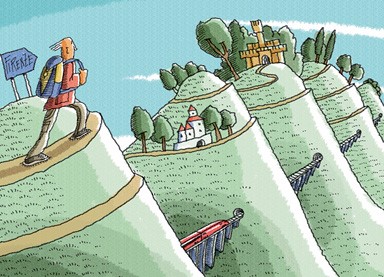
by Riccardo Barontini | J 05, PM | News, Words from the writers
“La conoscenza del territorio è la conoscenza delle sue forme di vita, dei suoi fili, dei suoi movimenti, che sola può permetterci di abitarlo rispettandoli, dialogando, adattando la nostra presenza a quel che già c’è, per non correre il rischio di fare il contrario: adattare l’altro a quel che noi siamo, impedendogli di essere altro”.
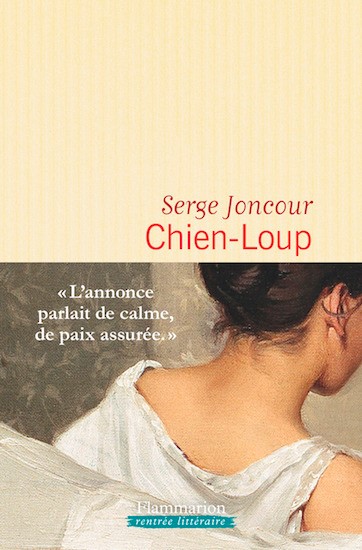
by Hannah Cornelus | J 04, AM | News
Au cours d’une cérémonie à la Bibliothèque nationale de France le 4 avril, le Prix du Roman d’Écologie (PRÉ) a été remis à Serge Joncour pour son livre Chien-Loup (Flammarion). Joncour succède à Emmanuelle Pagano, récompensée l’année dernière pour Saufs...
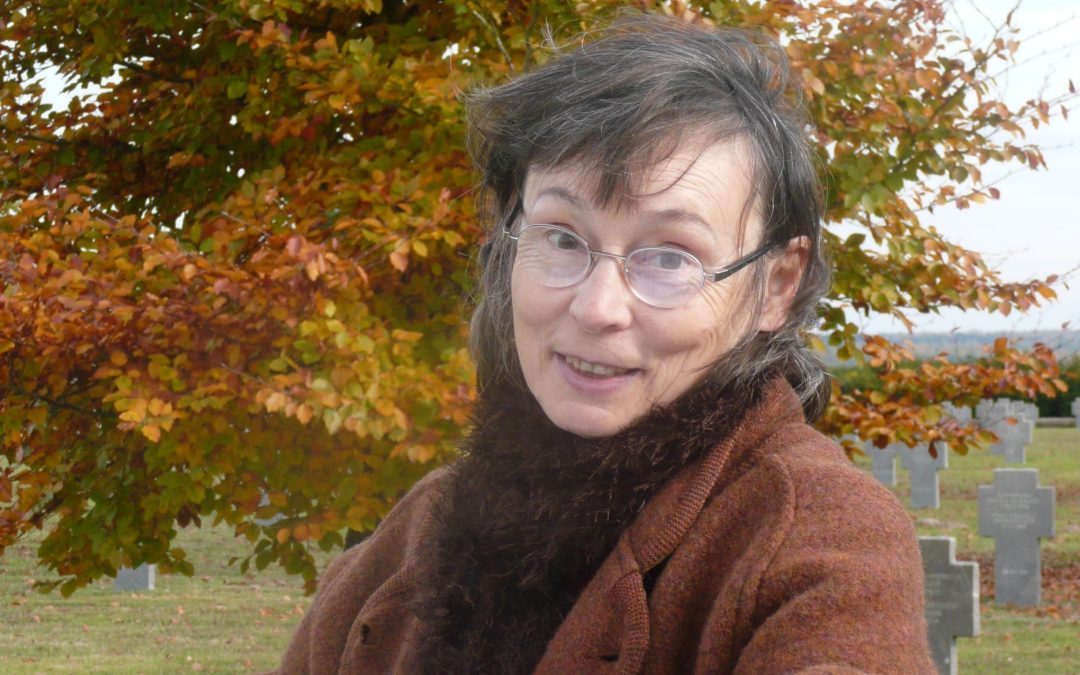
by Riccardo Barontini | J 04, AM | News, Words from the writers
« Les « poisons » contenus dans les pesticides de Bayer, Syngenta et Monsanto ont donc, pendant plusieurs décennies, agi lentement, sournoisement, sur l’organisme des hommes. Plus rapidement sur celui des insectes et des petits mammifères qui vont disparaître de ces terrains d’action puis de l’environnement. La pollution touche la terre, l’eau, l’air, le vivant. C’est d’une tristesse infinie. »
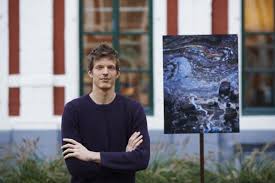
by Riccardo Barontini | J 03, PM | News, Seminar
Seminar of the research group “LIterature, Environment and Ecology” We have the pleasure to invite you to the guest lecture by Dr. Hendrik Schoukens, environmental lawyer, green politician and researcher at Ghent University : “Nature’s...
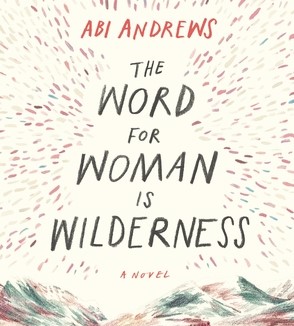
by Riccardo Barontini | J 03, PM | News, Words from the writers
“There is still a dichotomy of human vs nature within ‘nature writing’, and writers that write about ‘nature’ are still largely male, white, middle class writers with specialist ‘naturalist’ knowledge. I don’t think we have time in our rapidly simplifying life-web to think that everything other than human is the domain of only ‘nature writers’ and their readers. Every writer is a nature writer now”
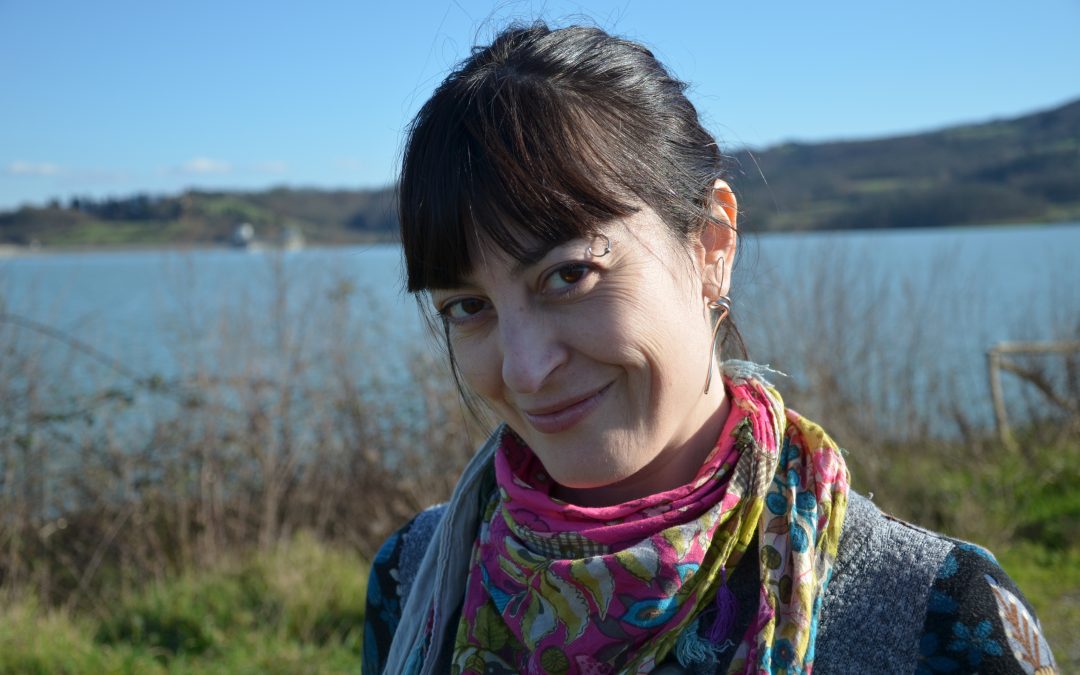
by Riccardo Barontini | J 03, PM | News, Words from the writers
“Potrai fare a meno di certi arti, ma le amputazioni hanno dei rischi e comunque nel territorio non può succedere: è molto più collegato del nostro corpo”.






